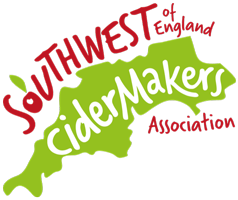Members may be aware that a misunderstanding among cider makers has recently arisen (Feb 2012) as to the HMRC policy view of the use of wooden casks or other wooden vessels for making, storing and distributing cider and perry. On checking, the HMRC view is unchanged: wooden vessels are, of themselves, acceptable as containers and may be used without threatening the excise duty classification of cider and perry.
However, their use and the effect they may have on a cider, even though that effect might be unintended and indirect, must still conform to the overarching condition in UK primary law (Alcoholic Liquor Duties Act 1979, Sn 1(6)):
‘“Cider” means cider (or perry)... ...without the addition at any time of any alcoholic liquor or of any liquor or substance which communicates colour or flavour other than such as the Commissioners may allow as appearing to them to be necessary to make cider (or perry).’
Therefore any such addition that might derive from the wood of which the vessel is made or from any previous use of the vessel would exclude the product from the cider definition and render it ‘made wine’. Clearly this can be a subjective judgement but HMRC will look first for any increase in ABV (which might be in excess of their rule of thumb of 0.1%ABV and brought about by a cider leaching residual alcohol from a vessel previously used to contain a distilled alcohol or spirit) and then for change in flavour or colour of the cider beyond what might reasonably be expected to result from the maturation of the cider in wood. Remember also that Notice 162, Sn 25 requires that:
‘colourings and other substances which may impart colour may only be used to produce cider or perry in the colour range – straw/gold/golden brown.’
Members will be aware that no duty exemption status exists for made wine producers and all made wine produced for sale is liable to wine duty.
